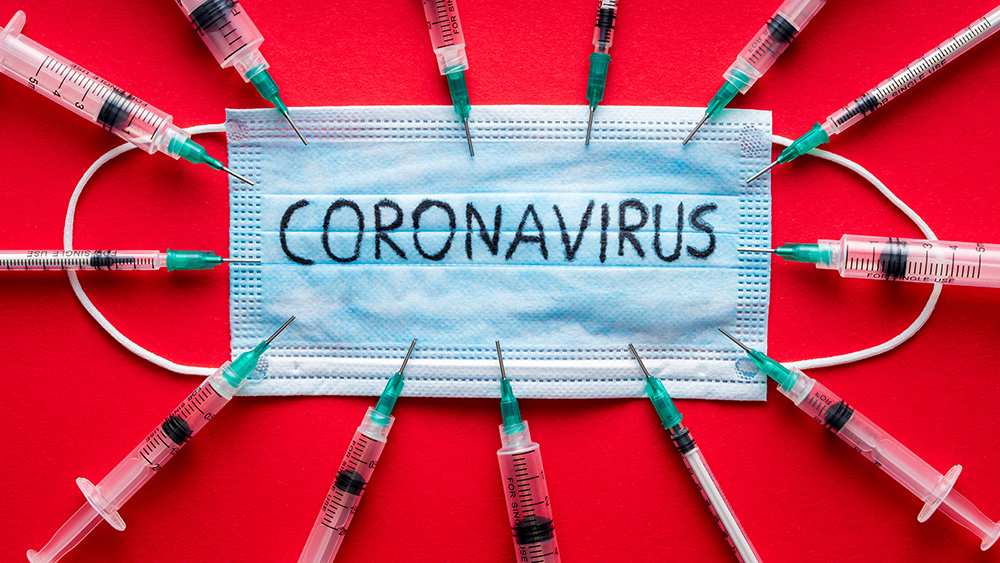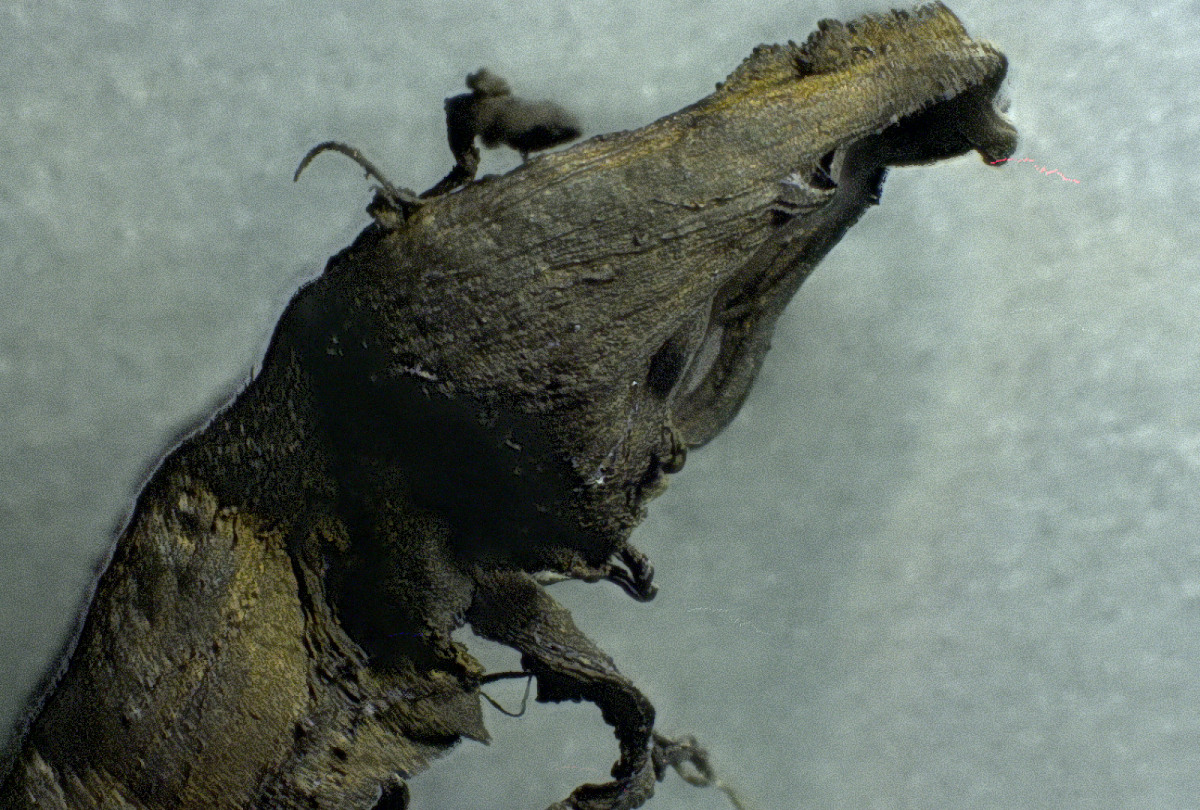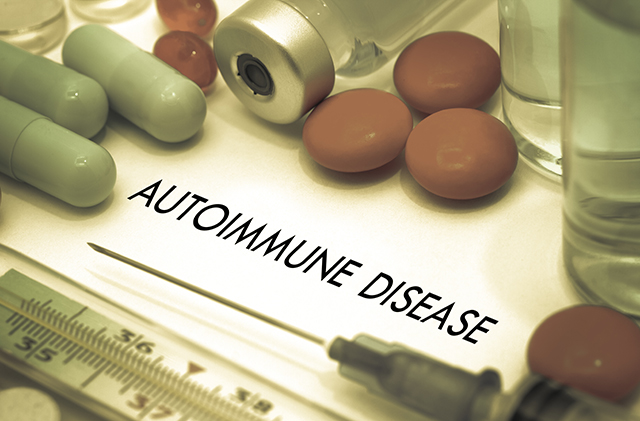UK begins mass vaccination program with Pfizer, starting with the elderly and healthcare workers
12/09/2020 / By Arsenio Toledo

On Dec. 8, 2020, the United Kingdom became the first country in the West to begin its distribution of Wuhan coronavirus (COVID-19) vaccines, beginning with a 90-year-old woman, whose injection was aired on the country’s major news stations.
The first dose was given less than a week after British authorities granted an emergency-use authorization for the two-dose vaccine developed by pharmaceutical companies Pfizer Inc. and BioNTech SE. The rollout is being paid for by the state-funded National Health Service. The mass inoculation program being modeled after their annual flu-vaccination campaigns, and health authorities expect it to be a template from which the European Union and the United States can learn from.
Health regulators approved Pfizer’s vaccine on Dec. 2, and the country received its first 800,000 doses – enough for 400,000 people – from Belgium soon after.
The British National Health Service (NHS) is focusing on providing vaccines to people over 80 years old and high-risk healthcare workers such as nursing home staff. They estimate that this means giving the vaccine to approximately six million people.
Ninety-year-old Maggie Keenan, who turns 91 next week, was the first person vaccinated by the program. Her vaccination at the University Hospital Coventry in central England was filmed and broadcast to news programs all over the country and Europe.
“I feel so privileged to be the first person vaccinated against COVID-19,” said Keenan after a nurse gave her shot and she was wheeled down the hospital corridor to the clapping and applause of hospital staff. “It’s the best early birthday present I could wish for because it means I can finally look forward to spending time with my family and friends in the New Year after being on my own for most of the year.”

“It’s history,” added Keenan, “and the best thing that’s ever happened. If I can do it, so can you.” Keenan has to return to the hospital after 21 days for her second coronavirus vaccine shot. (Related: Pfizer coronavirus vaccine warning: No breastfeeding or getting pregnant after being immunized… it might damage the child.)
Government officials asking populace to be patient, as most unlikely to get vaccinated by end of the year
Prime Minister Boris Johnson, who contracted COVID-19 and spent several days in intensive care earlier this year, hailed the mass vaccination program as a “huge step forward in the U.K.’s fight against the coronavirus.”
Minister of Health Matt Hancock said the rollout was a “key moment” and that it is the first step to protecting Britain’s most vulnerable groups from the coronavirus.
Simon Stevens, chief executive of the NHS in England said that the program was a “decisive turning point” in the greatest health challenge the state-run health service has faced since its founding over 70 years ago.
“This really feels like the beginning of the end,” said Stephen Powis, NHS England’s medical director. “It’s been a really dreadful year, 2020 – all those things that we are so used to, meeting friends and family, going to the cinema, have been disrupted. We can get those back. Not tomorrow, not next week, not next month. But in the months to come.”
Despite the massive rollout of vaccinations, the chief medical officers of England, Wales, Scotland and Northern Ireland said the initial vaccinations will likely only marginally impact the number of people hospitalized for the coronavirus during the coming winter months.
Johnson has asked the country to be patient and urged citizens to continue following the country’s coronavirus restrictions to prevent another surge in cases. Because the country is focusing its efforts on inoculating their most vulnerable groups, it is unlikely that a majority of the population will receive a vaccine until next year.
While the first vaccinations will be given to the most vulnerable six million people in Britain, the government is targeting another 19 million for the succeeding phases of their program. By the end of the campaign, government officials expect about 40 percent of the population to be vaccinated. This program includes everybody over the age of 50, as well as younger adults who either have serious health conditions or who work in healthcare.
Logistical issues hampering rollout of vaccines
The first vaccine shots have been distributed to just over 50 different hospital hubs – 50 in England alone, and a handful in several other sites in the rest of the U.K. Under the country’s devolved system of government, Wales, Scotland and Northern Ireland are crafting their own plans for how to distribute the vaccine.
Health authorities are focusing on delivering the vaccines to large-scale distribution points like hospital hubs because each package from Pfizer contains 975 doses and they want to make sure as few shots as possible are wasted as they travel up the supply chain.
The rollout of the vaccine has been slowed down by the very complex delivery process required by the new shot.
The Pfizer vaccine has to be stored at minus 94 degrees Fahrenheit in order to maintain its integrity. Once the vaccine has been thawed, it can be used within five days so long as it is kept at a temperature of between 35 to 46 degrees. If it is exposed to room temperature, the window at which it is still viable shrinks drastically to just two hours.
Once all of these logistical hurdles have been overcome, the NHS said it plans to begin delivering more shots to nursing homes before Christmas. Local healthcare workers say they have not received any instructions on how to deliver the doses safely from the hospital and to the nursing homes.
Despite this lack of communication, Johnson’s administration said they plan to distribute the vaccines via local physicians, known as general practitioners, as soon as the shots become available.
As the country’s supply of vaccines increases, the government wants to open mass vaccination centers in gymnasiums and conference venues. They have even amended their laws to allow student doctors, dental workers and physiotherapists to administer the shots.
Learn more about the dangers of the different vaccines being developed for the coronavirus by reading the articles at Vaccines.news.
Sources include:
Submit a correction >>
Tagged Under:
Big Pharma, BioNTech, Boris Johnson, coronavirus, coronavirus vaccine, covid-19, Flu, harmful medicine, infections, mandatory vaccination, NHS, outbreak, pandemic, Pfizer, superbugs, United Kingdom, vaccines, virus
This article may contain statements that reflect the opinion of the author




















